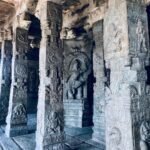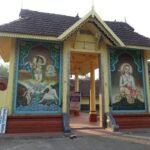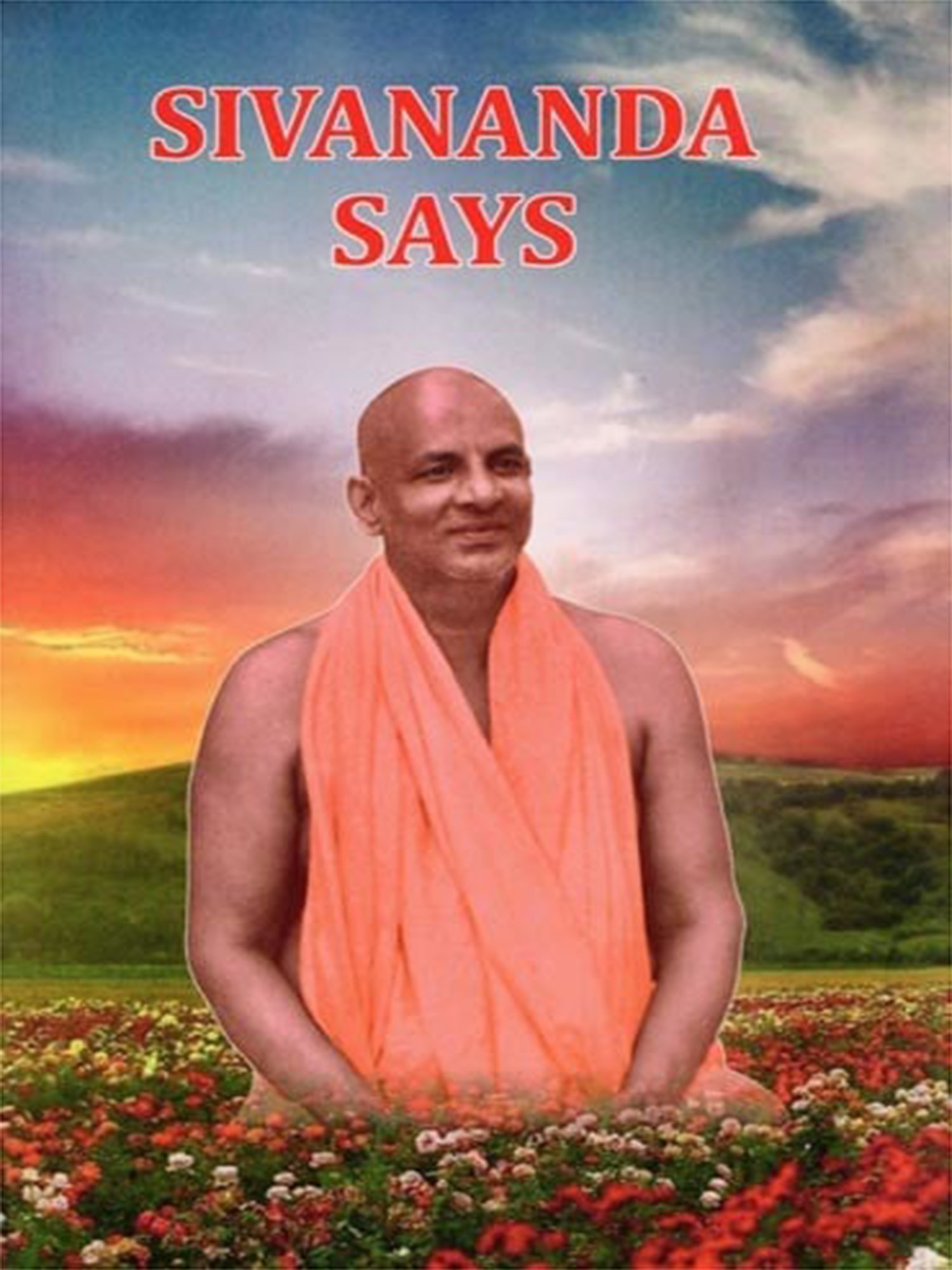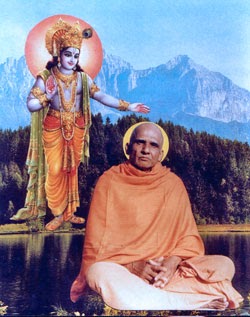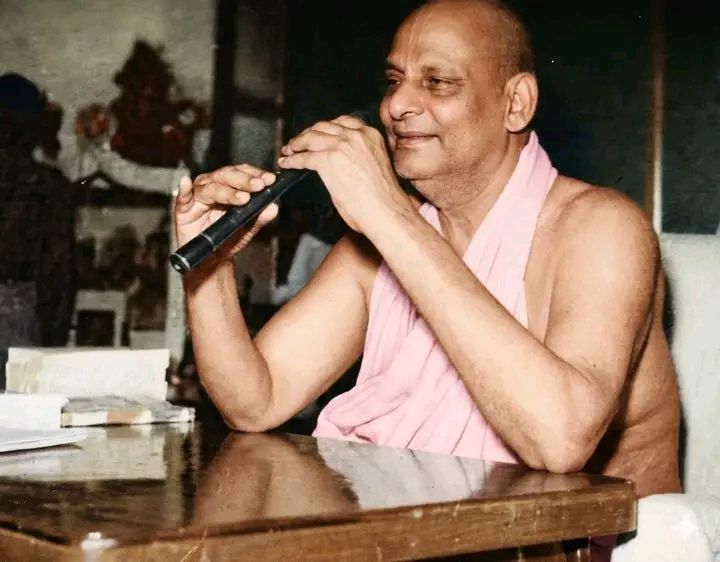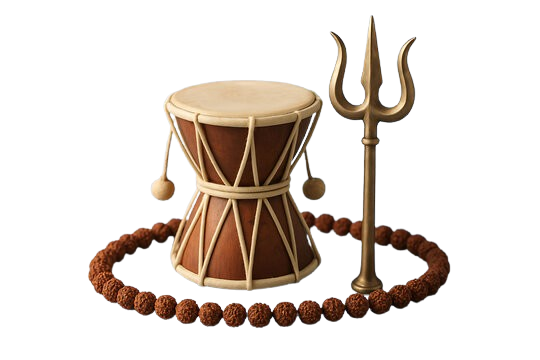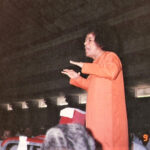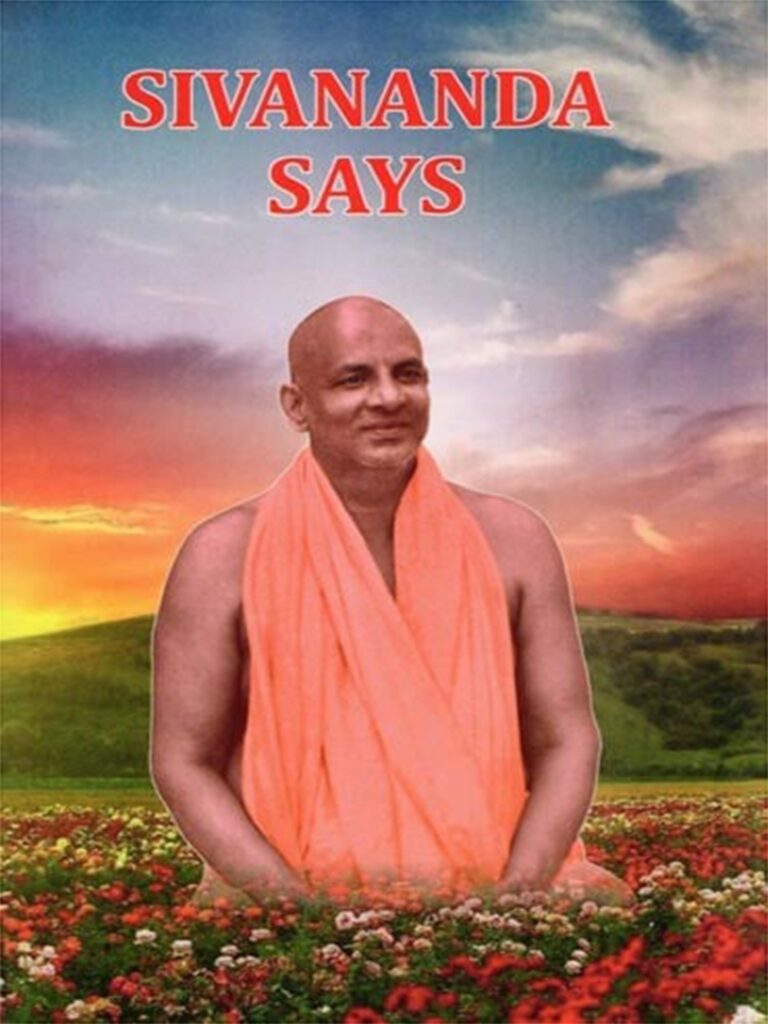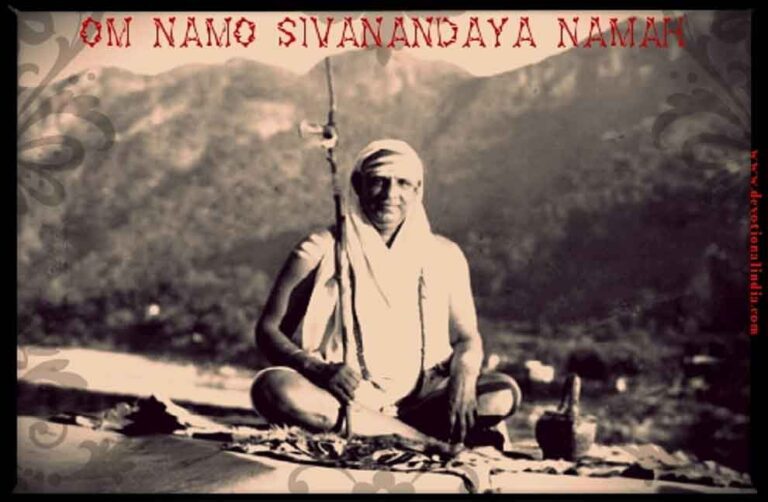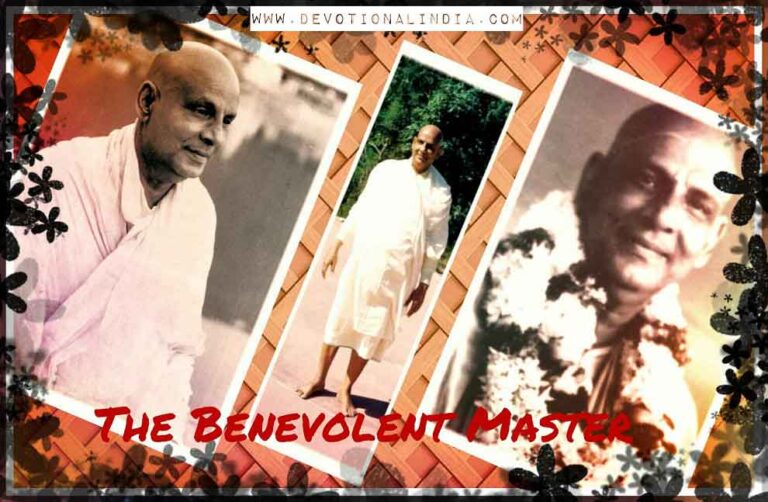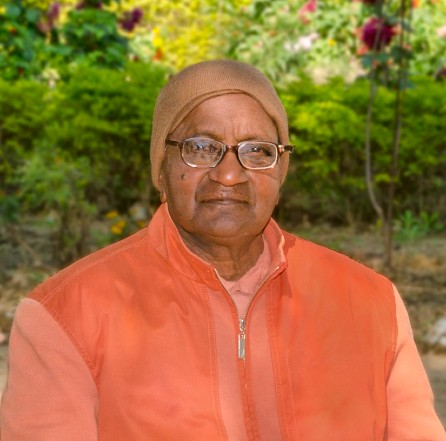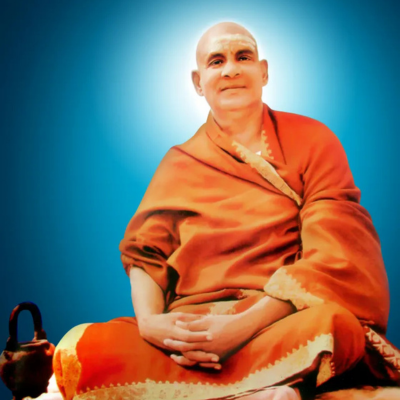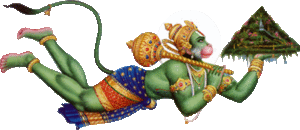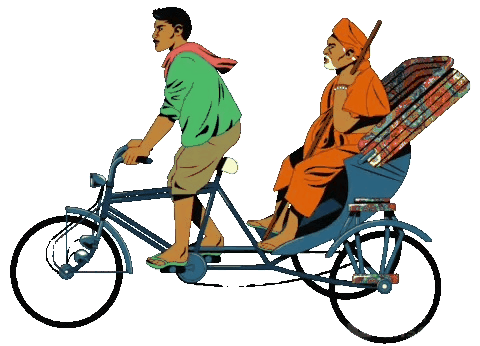Diwali
Diwali
Diwali, the Festival of Lights, is one of the most widely celebrated festivals in India and around the world. It symbolizes the victory of light over darkness and good over evil. Traditionally, people celebrate by decorating their homes with oil lamps (diyas), bursting fireworks, and offering prayers to Goddess Lakshmi, the deity of wealth and prosperity. The festival also marks the return of Lord Rama to Ayodhya after his victory over the demon king Ravana, according to Hindu mythology. It’s a time for family reunions, feasting on sweets, exchanging gifts, and spreading joy and positivity.



Diwali, also known as the Festival of Lights, is one of the most significant and widely celebrated festivals in India and among Hindu communities worldwide. It typically takes place in October or November, depending on the lunar calendar.
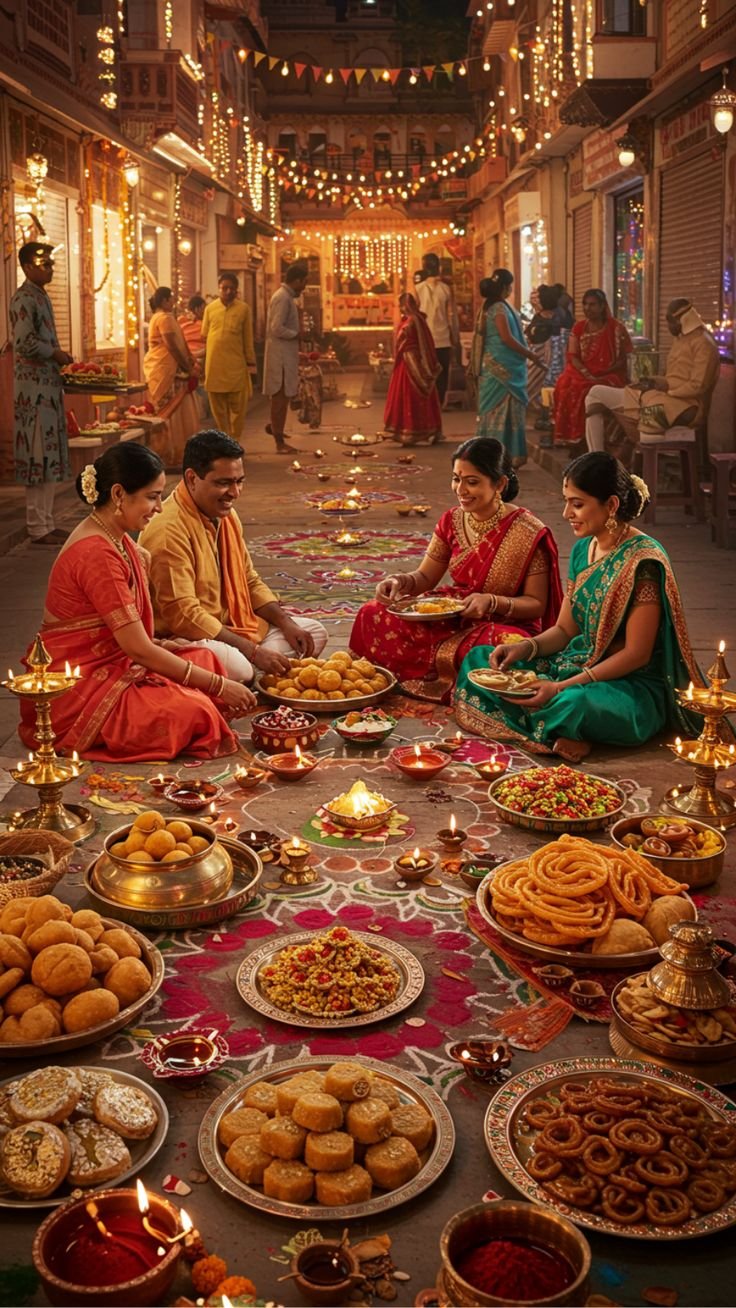

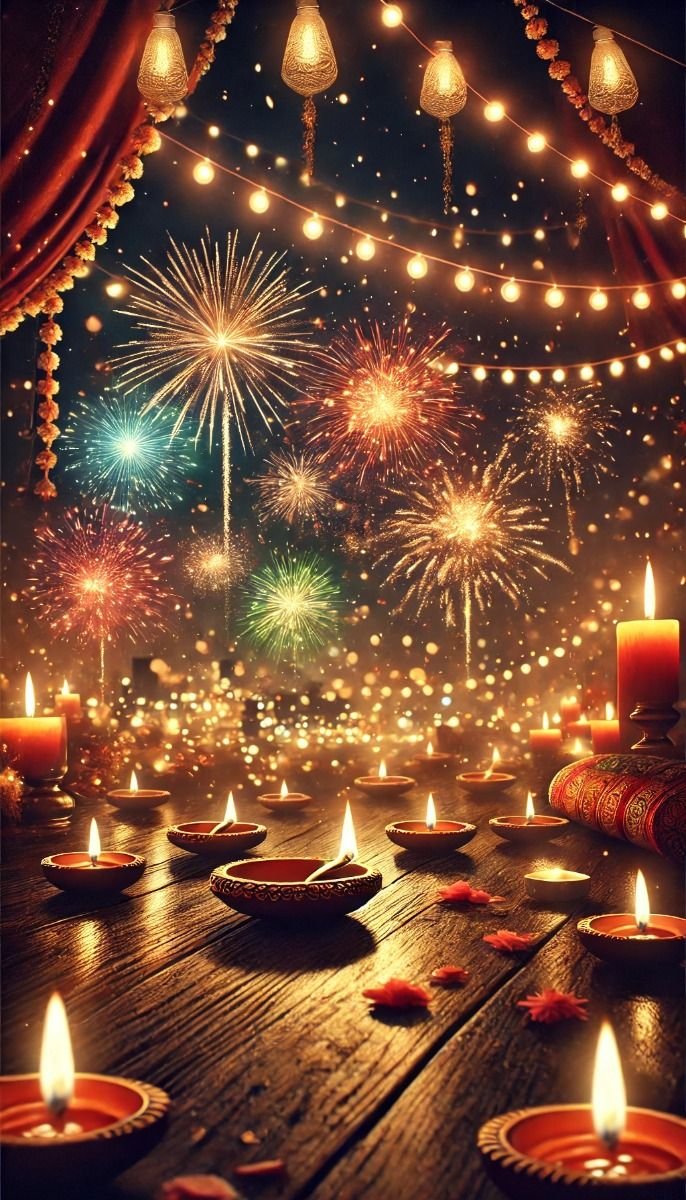


Rituals & Traditions of Diwali
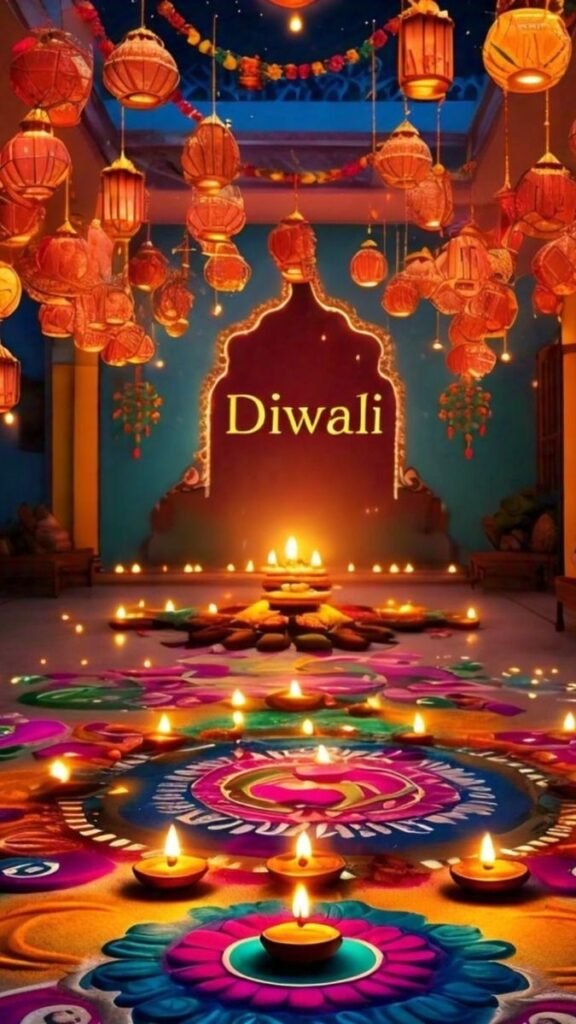
Diwali, also known as the Festival of Lights, is one of the most important festivals in India and is celebrated by millions of people worldwide. It symbolizes the triumph of light over darkness, and good over evil. Diwali is celebrated over five days, with the third day being the main celebration. Homes are decorated with oil lamps (diyas), candles, and colorful rangoli patterns, and people burst fireworks to mark the occasion. According to Hindu mythology, Diwali commemorates Lord Rama’s return to Ayodhya after 14 years of exile and his victory over the demon king Ravana. In addition to the Hindu significance, Diwali is also celebrated by Sikhs, Jains, and Buddhists for different historical and religious reasons. Families come together to pray, particularly to Goddess Lakshmi, for wealth, prosperity, and good health in the year ahead. The festival is a time for feasting on sweets, wearing new clothes, and exchanging gifts, spreading joy, positivity, and harmony among communities.
Spiritual Importance & Cultural Significance
Diwali, also known as Deepavali, is a major Hindu festival celebrated with great enthusiasm across India and many parts of the world. Known as the Festival of Lights, Diwali symbolizes the victory of light over darkness, knowledge over ignorance, and good over evil. The celebration usually lasts five days, with the third day being the most important. Homes are cleaned and decorated with oil lamps (diyas), candles, fairy lights, and colorful rangoli designs. Firecrackers are burst, and families gather for festive meals, prayers, and the exchange of sweets and gifts. One of the main religious aspects of Diwali is the worship of Goddess Lakshmi, the goddess of wealth and prosperity. According to Hindu mythology, Diwali marks Lord Rama’s return to Ayodhya after defeating the demon king Ravana. For Jains, it celebrates the nirvana of Lord Mahavira; for Sikhs, it commemorates the release of Guru Hargobind Ji from imprisonment. Diwali is a time for joy, togetherness, and new beginnings. It brings communities closer, encourages generosity, and fills the atmosphere with positivity and hope for the year ahead.
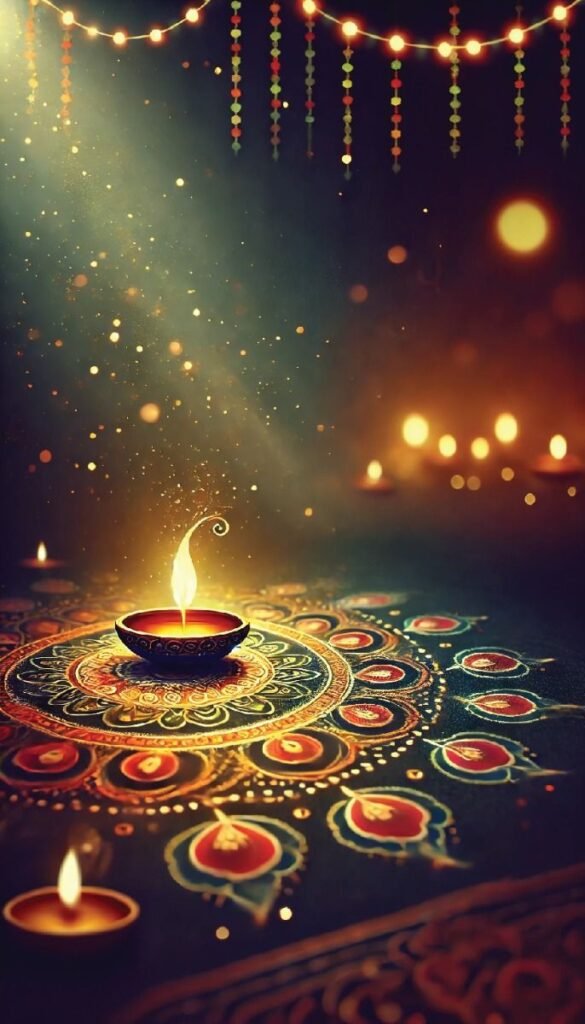

Food & Sweets & Modern Celebrations
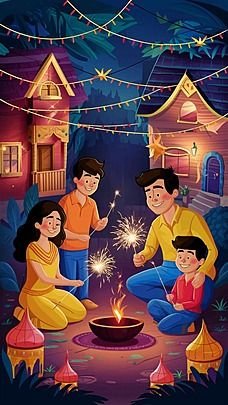
Diwali, also known as Deepavali, is one of the most important and widely celebrated festivals in India and by Indian communities around the world. Known as the Festival of Lights, Diwali symbolizes the triumph of light over darkness, good over evil, and knowledge over ignorance. The festival typically spans five days, with each day holding its own cultural and religious significance. The main day of Diwali is marked by lighting oil lamps (diyas), decorating homes with rangoli (colorful patterns), bursting firecrackers, and performing prayers to Goddess Lakshmi, the goddess of wealth and prosperity. People clean their homes, wear new clothes, and prepare a variety of sweets and snacks to share with family, friends, and neighbors. Diwali also holds historical and religious meaning across different faiths—Hindus celebrate the return of Lord Rama to Ayodhya after defeating Ravana; Jains mark the spiritual enlightenment (nirvana) of Lord Mahavira; Sikhs commemorate the release of Guru Hargobind Ji from prison. The festival promotes unity, generosity, and joy, making it a time for family gatherings, community bonding, and the renewal of hope and positivity for the year ahead.

